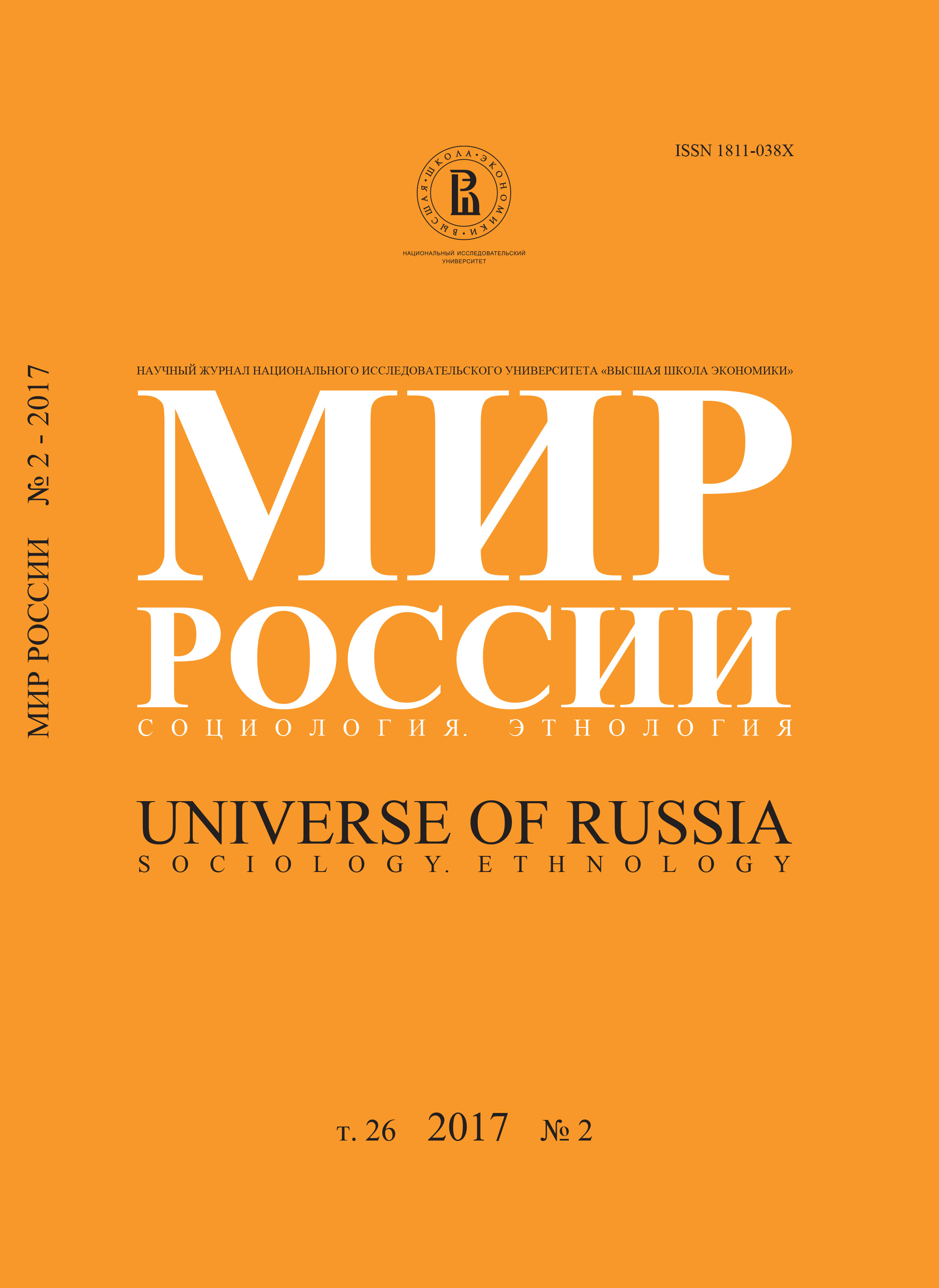Russian Society and the Trends in World Development
Abstract
Tatiana Sidorina – Doctor of Science in Philosophy, Professor, the Faculty of Humanities, the School of Philosophy, Higher School of Economics. Address: office 407, 21/4, Staraya Basmannaya St., Moscow, 105066, Russian Federation. E-mail: tsidoriona@hse.ru
Several theoretical approaches to explaining contemporary social processes were developed in the 20th century, although the story of their formation and the search for an understanding of their socio-historical development go further into the past. Past thinking revolved around the ideas of linear (uniform), cyclic or even diverging (multilinear) courses of development. The 20th century added to this spectrum the notion of a wave-like development, which also embeds the idea of uncertainty. This article departs from the sum of these approaches (including the theory of post-industrial society, globalization theory, world systems theory, the theory of risk society, and the theory of path dependence) and attempts to evaluate their implications for defining the current trends in world development.Experts state that there might be different interpretations of the outcomes of social development in Russia in the 20th century. What caused the successes, but most importantly the failures of the post-industrial and neoliberal era? What went wrong or missing in the deductive process of those who praised it? We address these questions more specifically by evaluating the situation in Russia over the last 20 years and matching existing theories to its unique experience. How has Russia reacted to the challenges of the modern world? Have the solutions to its problems offered by the West facilitated its own transition, or is it merely trying to imitate them without much success? The article discusses these and other related questions through an engagement with and cross-evaluation of Western and Russian scholarship.






